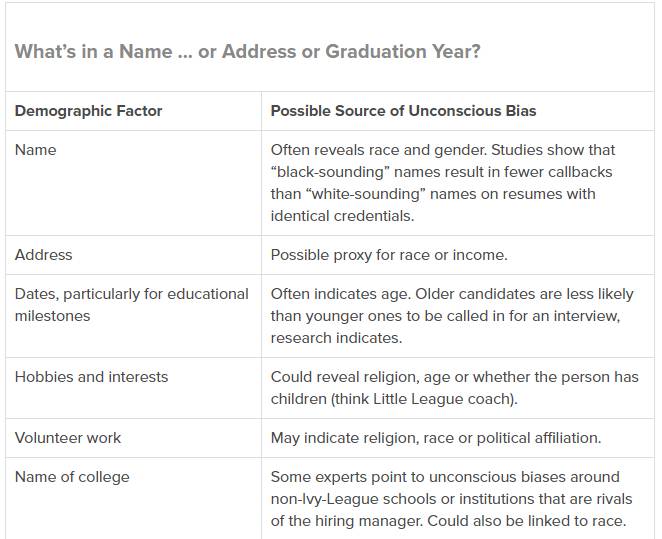

If that is true, why do I/we often want to lie on the couch instead of running marathons. Physical activity is much more likely to make you happier than money. Can this perspective help?Īllow me to cut directly to my speculative answer. The Darwinian view is that happiness is a tool to guide behavior toward evolutionary success. So if money is not the key to happy 2016 what might be? Mired in internecine warfare between neoclassical and behavioral schools, economics cannot help. Plato’s complex view on the relationship between money and happiness is a reasonable summary of the field today. “Wealth is the parent of luxury and indolence, and poverty of meanness and viciousness, and both of discontent,” so wrote Plato more than two thousand years ago. However, there is a major academic debate on this topic, and one (almost settled) result is that extra money does not make any permanent change in happiness for most people. If this is true, perhaps the person in Harvard square attempting to self mutilate with blunt scissors would be happier with fingers than without.ĭoes more money equal more happiness? It sure feels like it to me. Perhaps, Thaler realized, standard economics is wrong in assuming people are rational maximizers. Thus, Thaler’s guests should have been unhappy when he reduced their choices. What do cashews have to do with economics? Neoclassical economics argues that people should always be happier with the option to eat cashews. His guests were voraciously eating the nuts so much so that Thaler worried their appetites would be satisfied before dinner. Thaler was hosting a party, and had served some cashews as an appetizer. Third, more money may not make you happier.Ī key moment in Richard Thaler’s intellectual life involved a bowl of cashews. Second, fewer options are sometimes better than more options. First, people do not know what makes them happy. Real humans, in the language of behavioral economic founders Daniel Kahneman and Amos Tversky, exhibit biases and heuristics, or, more colloquially, humans are crazy.įor the sake of your 2016 wishes, behavioral economics makes three related claims. Just as you are ready to seal your 2016 wish for a winning lottery ticket, Professor Richard Thaler yells, “Wait a minute!” Neoclassical economics is all wrong according to Thaler (you can read his recent book Misbehaving or watch his talk summarizing the book and his career).īehavioral economics argues that the neoclassical economics is wrong. More money, better medicine, a fountain of youth. Thus, the neoclassical economic prescription is clear. The individual will make the best choices for themselves. Similarly, all we have to do to make anyone happier is provide more money or more time. We make the Harvard Square resident happier by helping achieve her or his goal, not by imposing our own goals.

Thus, the way to make someone happier is to increase their opportunities - more money and more time.
#Behavioral economics biases unrealistic optimism how to
Standard economics assumes that people know what they want (have “stable preferences”) and know how to make themselves happy (“maximize”). To the answer of more money, neoclassical economics says amen. Pay off some bills, wrestle the monetary stress monkey off your shoulders, take a well-earned vacation. Let us to return to your happiness in 2016. Professor Sen is a critic of some aspects of neoclassical economics, so his question (and answer) was a rhetorical maneuver designed to educate. “neoclassical”) economics assumes that people know what they want. “Offer him sharper scissors,” was Professor Sen’s answer. My response: stop him from cutting off his fingers, call the police for help, etc. Walking through Harvard Square one day Professor Sen asked me, “What should you do if you see a person trying to cut his fingers off with a pair of dull scissors?” It is illustrated by this anecdote conveyed to me by Professor Amartya Sen, Nobel Laureate in Economics. If you could change one aspect of your life during 2016, what would make you the happiest? Imagine yourself on Decemlooking back with satisfaction on 2016.


 0 kommentar(er)
0 kommentar(er)
